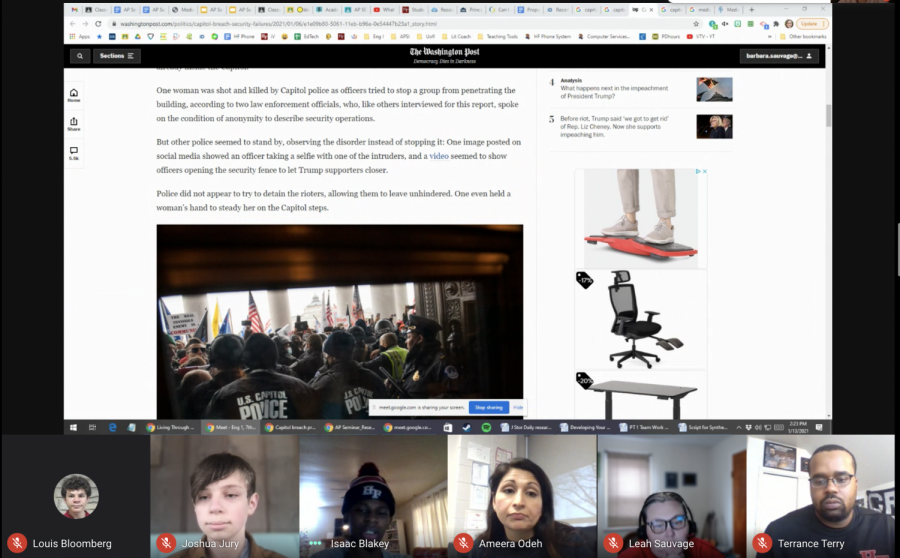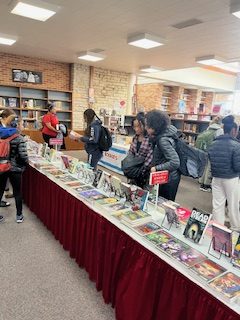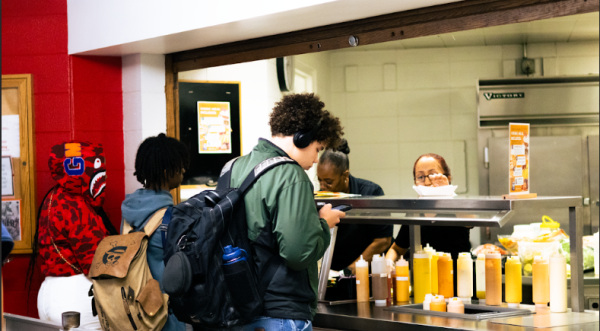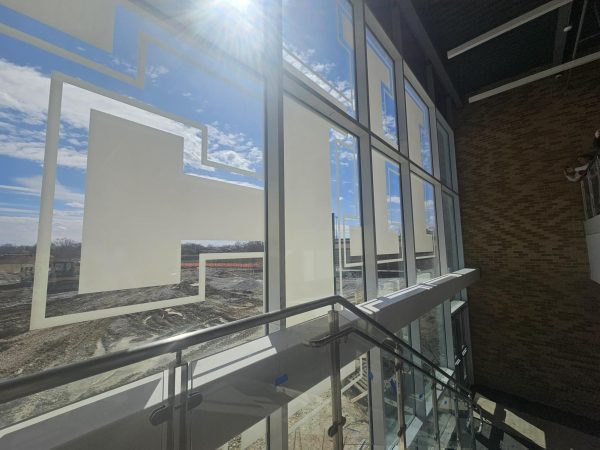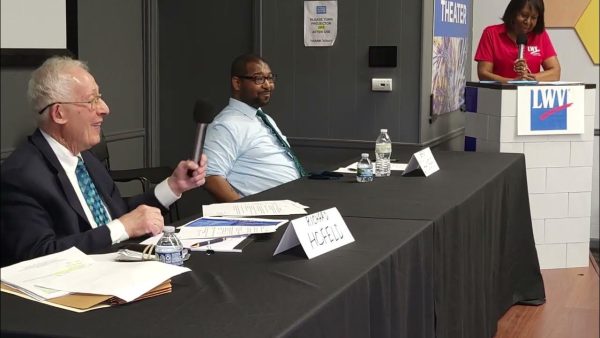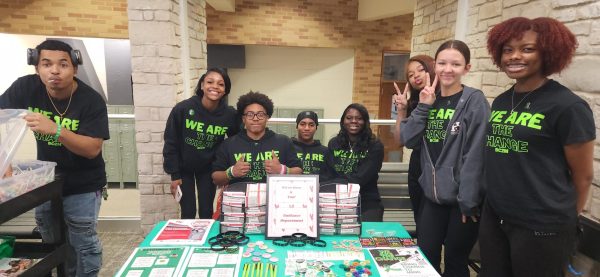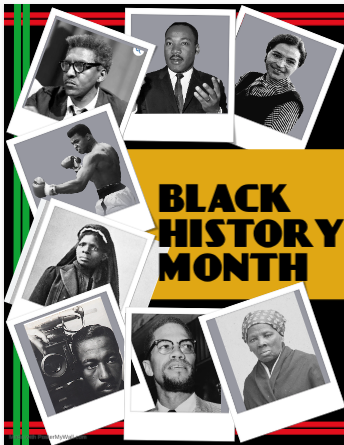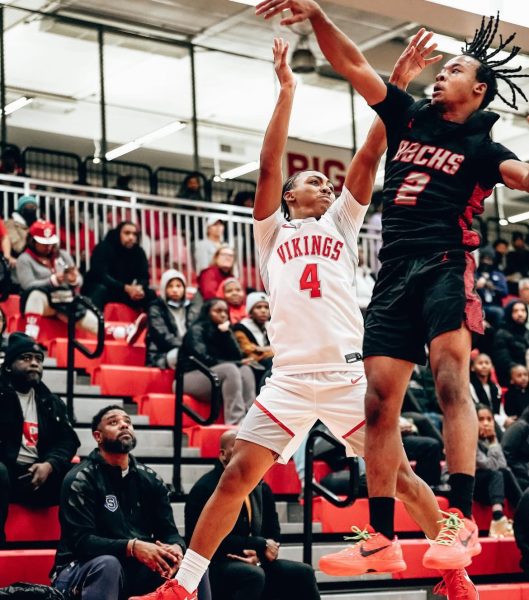English Teachers Conduct Conversations About Insurrection
On Wednesday, Jan. 13 and Thursday, Jan. 14, students were given the opportunity to participate in conversations about the insurrection that occurred on the Capitol building in Washington D.C. on Jan. 6.
For the first time since the War of 1812, according to The Guardian, a mob was able to breach the Capitol building in an attempt to throw out the results of the 2020 presidential election. Five people died in the process.
In response to the event, administrators and teachers facilitated an opportunity for students to discuss their reactions to the event. The discussion was held in English classes during asynchronous learning time.
Superintendent Von Mansfield was the leading voice behind this opportunity.
The riot on Jan. 6 “wasn’t only [a] current event, this was historical. I wanted to make sure that all students had a chance to have their voices heard and to make sure that we gave them resources to get their questions answered,” Mansfield said.
Mansfield and other school leaders, including department chairs and teachers, decided to hold conversations during the asynchronous learning time to ensure all students had the opportunity to participate while respecting those who didn’t want to contribute.
“We did it during the asynchronous time to get those kids an opportunity and who wanted to meet to be heard but also those students that may have been okay or … may have been traumatized by this whole matter and didn’t want to talk about it anymore,” Mansfield said.
Every teacher’s conversations were different. English teacher Sahar Mustafah allowed time for students to ask questions and react to the events.
“In my own classes the day after the attack, I gave time and room for my students to contribute their feelings or ask a question. We then looked at images in the context of the protests last year for Black Lives and the disparities. Finally, we viewed a YouTube reading production of Langston Hughes’s ‘Let America Be America Again,’” Mustafah said.
Both Mansfield and Mustafah see school as a place of community that relies on conversation.
School, according to Mustafah “is a place to safely dialogue and exchange views, while also offering ways for students to cope and heal during moments of crisis.”
Similarly, Mansfield hopes that students realize the power of their voice and that “they are our future and they will be our future leaders of tomorrow.”
The insurrectionists failed in their attempt to throw out the results of the 2020 presidential election, as earlier today Joe Biden was sworn in as the 46th President of the United States.
Lessons though, in the eyes of H-F’s school leadership, are still to be learned from the Jan. 6 event.
“For those students who really think America has hit rock bottom, history has a way of repeating itself, so as much as they may feel America’s at rock bottom, [students] need to understand America will again be a country where everyone can be proud of what’s happening and where we’re headed into the future,” encouraged Mansfield. “But that cannot happen without us putting in the effort…for this next generation.”

